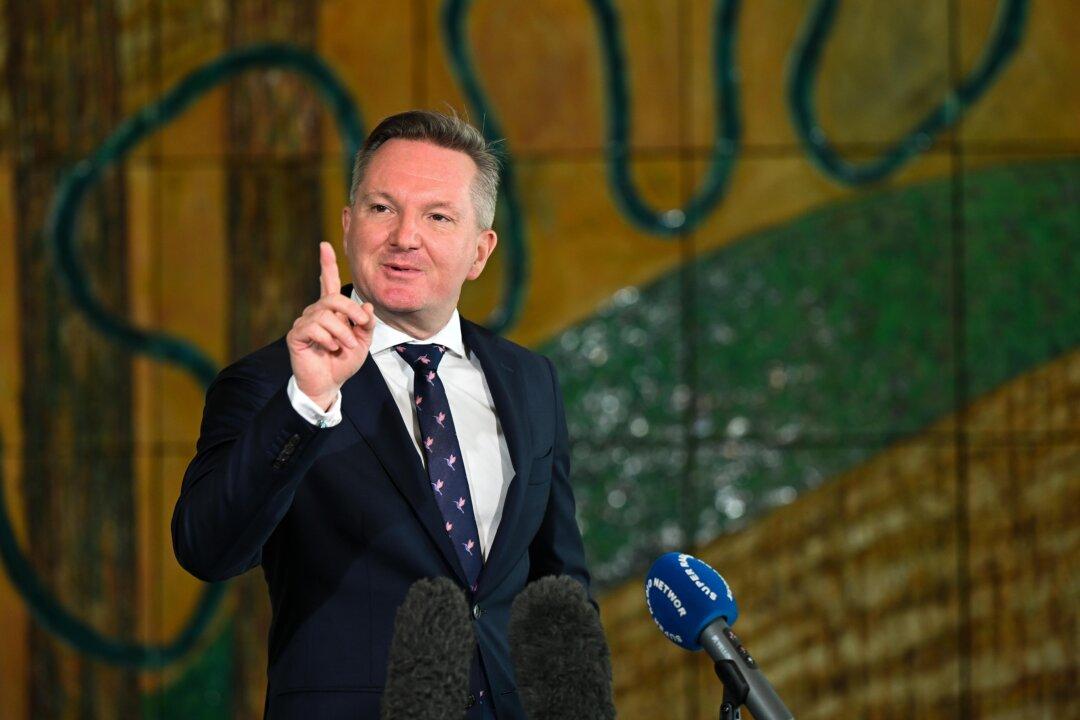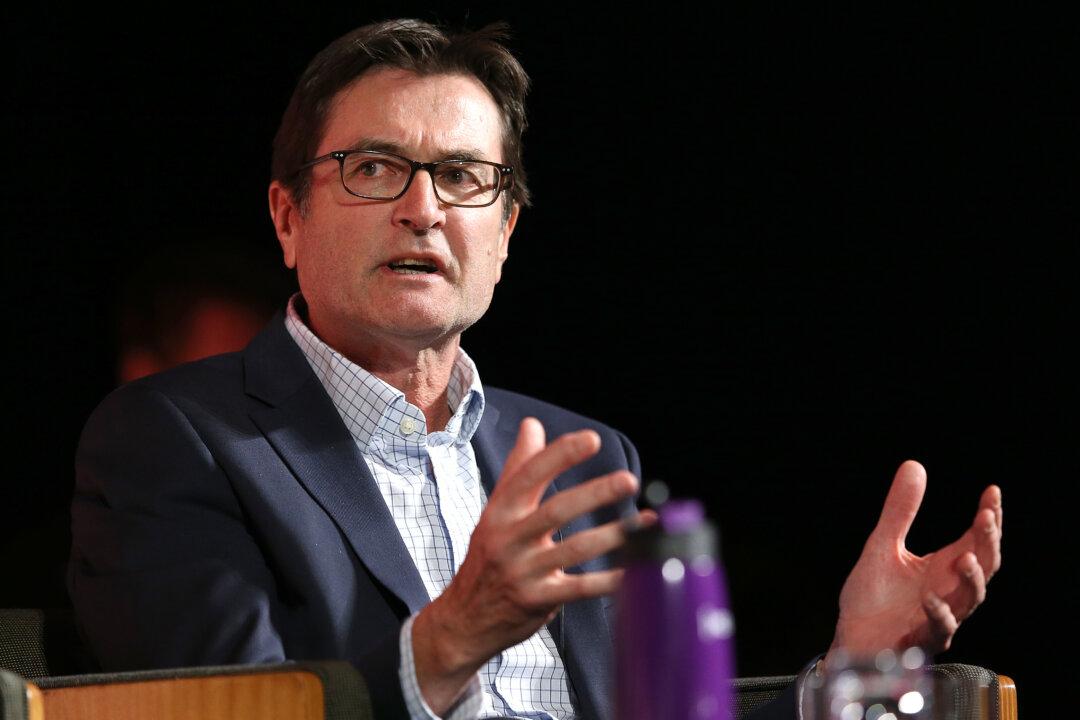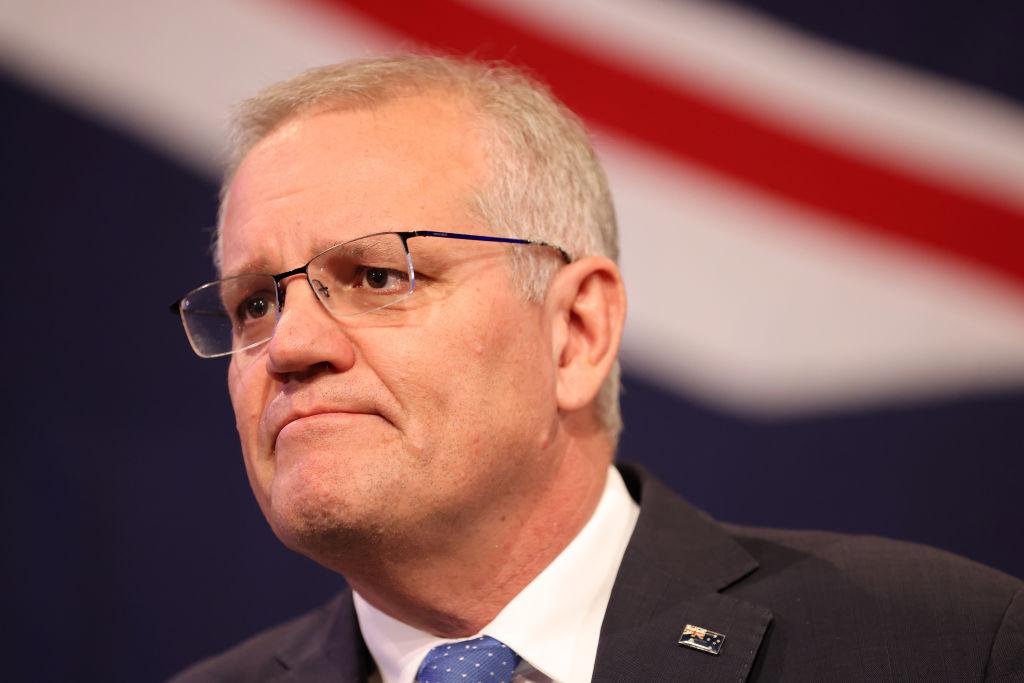Energy Minister Chris Bowen has declared that the Australian government doesn’t plan to budge on its current climate targets, reiterating a call for the permanent end to fossil fuel usage within energy systems.
With COP28 coming to a close today, Mr. Bowen addressed a crisis meeting at the conference after its most prominent delegates failed to reach a consensus on fossil fuels.





